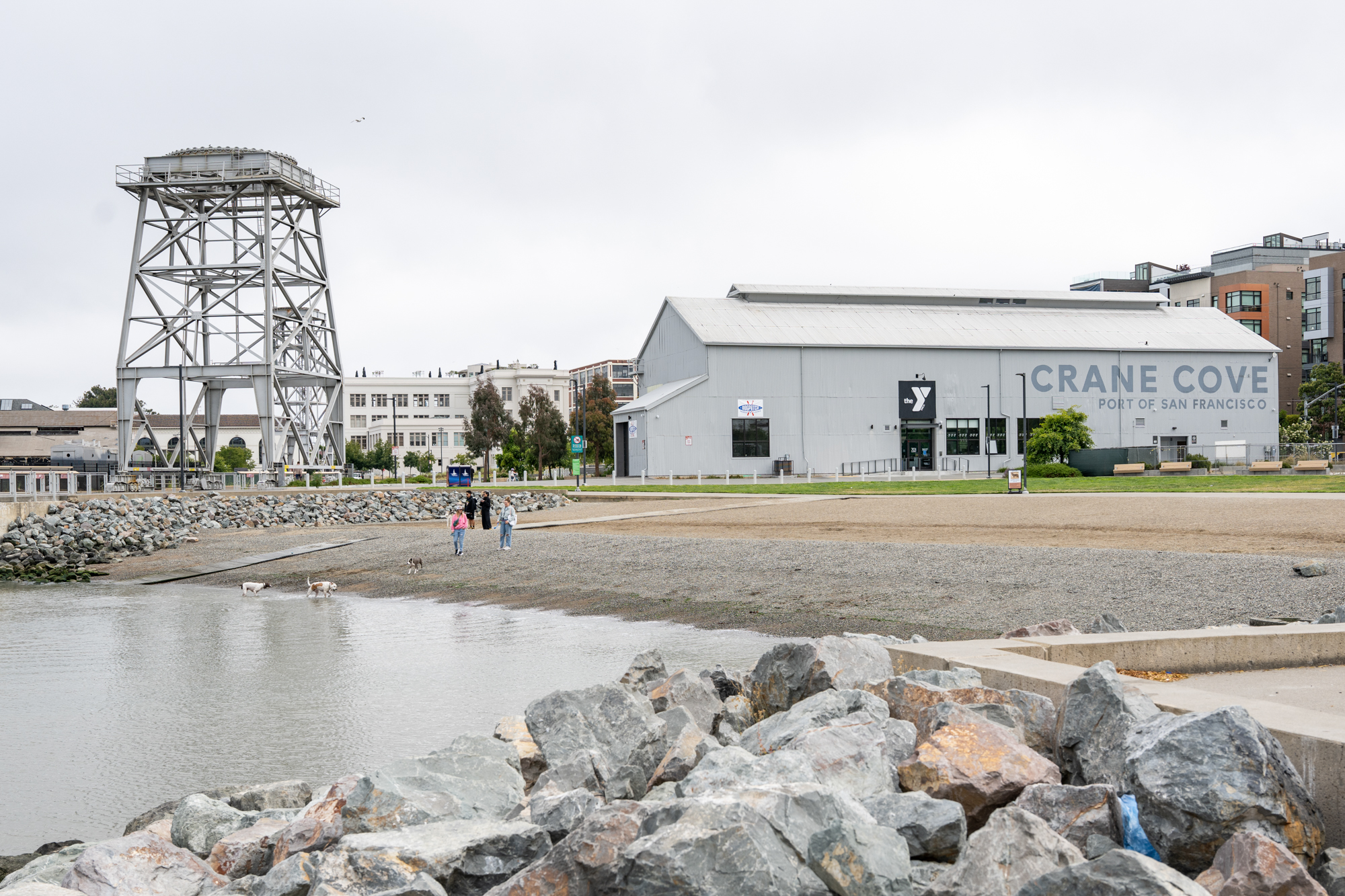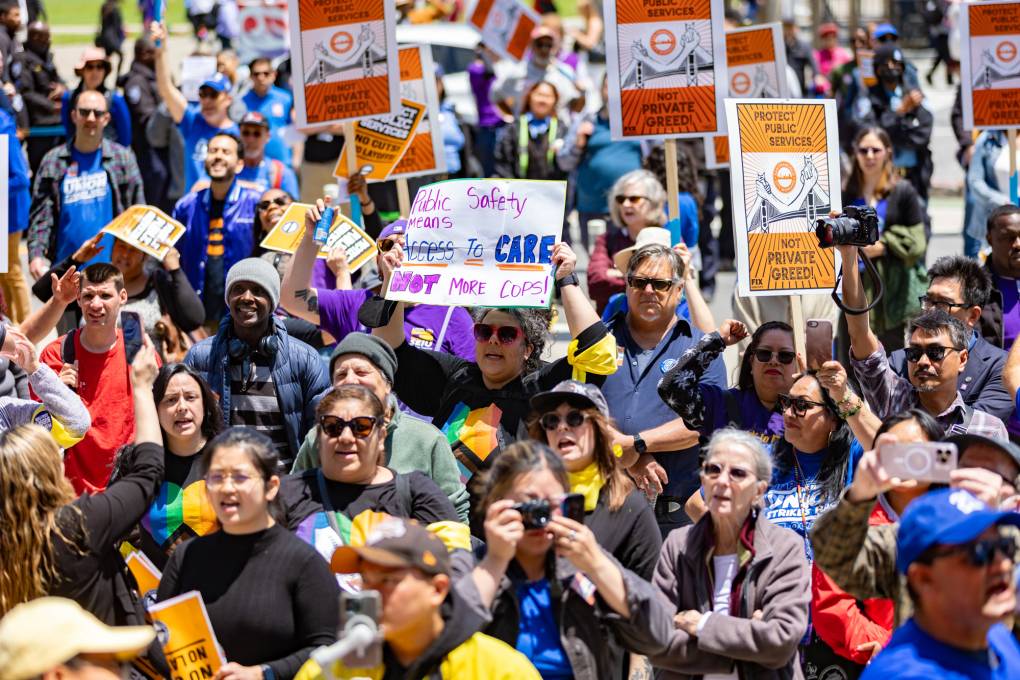The downfall of the Alliance, which Supervisor Jackie Fielder described to KQED as “a magnet and a who’s who in the city for very powerful people,” follows a series of scandals involving multiple city-funded nonprofits accused of misusing city funds or unfairly awarding grants based on personal connections. Last year, the executive director of the now-defunct nonprofit SF SAFE was arrested for allegedly stealing and misusing more than $700,000 in public funds and donations.
At Thursday’s hearing, Fielder also directed the city’s Budget and Legislative Analyst to audit the city’s Recreation and Parks Department, which has worked closely with the Alliance on various open-space projects. The audit, she said, should include a review of the department’s current projects and its financial ties to the nonprofit.
“With all of the mistrust in city government from San Franciscans, I think it’s all the more important for the Recreation and Parks Department to undertake this audit as questions surround their affiliated nonprofits,” Fielder told KQED.
Dozens of representatives of groups impacted by the Alliance’s closure also spoke at Thursday’s hearing, urging supervisors to hold the defunct nonprofit’s leaders accountable and “solve this mess.”
“There are a lot of community projects in every single district of the city, and each of the supervisors here knows well how important these projects are to the fabric of the neighborhood,” said Rosaura Valle, who helps lead the Detroit Steps Project in the city’s Sunnyside neighborhood, an initiative funded largely by small donations from local residents. ”Volunteers commit their own personal time, skills and passion to projects that benefit the community and the city at no cost to the city. And now we’re stripped of our assets.”
Ildiko Polony, the executive director of conservation group Sutro Stewards, one of the few fiscally sponsored groups that had paid employees, said her entire staff, who the Alliance technically employed, received layoff notices on Monday.
“Now I’m in a position of scrambling, trying to figure out what to do,” she said.
After reports of the Parks Alliance’s financial mismanagement began emerging in late April, Polony formed a coalition of fiscally sponsored groups, in an ultimately unsuccessful effort to keep the Alliance afloat. Now its members, who held a press event on the steps of City Hall ahead of Thursday’s hearing, are calling on the city to make them whole.
The coalition estimates that close to $2 million of its donations were depleted by the Alliance, and is now demanding city leaders compensate the groups, so they can reimburse their vendors, rehire staff and continue projects. It also calls on the city to maintain the function of Alliance’s fiscal sponsorship program.
“[It] has allowed for community partners, for neighbors to get together to make the change that they want to see happen in their neighborhoods,” Polony said. “There is little that is as empowering to a community than being able to come together and envision together what you wanna see happen in your community and then work to make that happen.
“So the fiscal sponsorship program that SFPA provided, that function needs to continue.”



